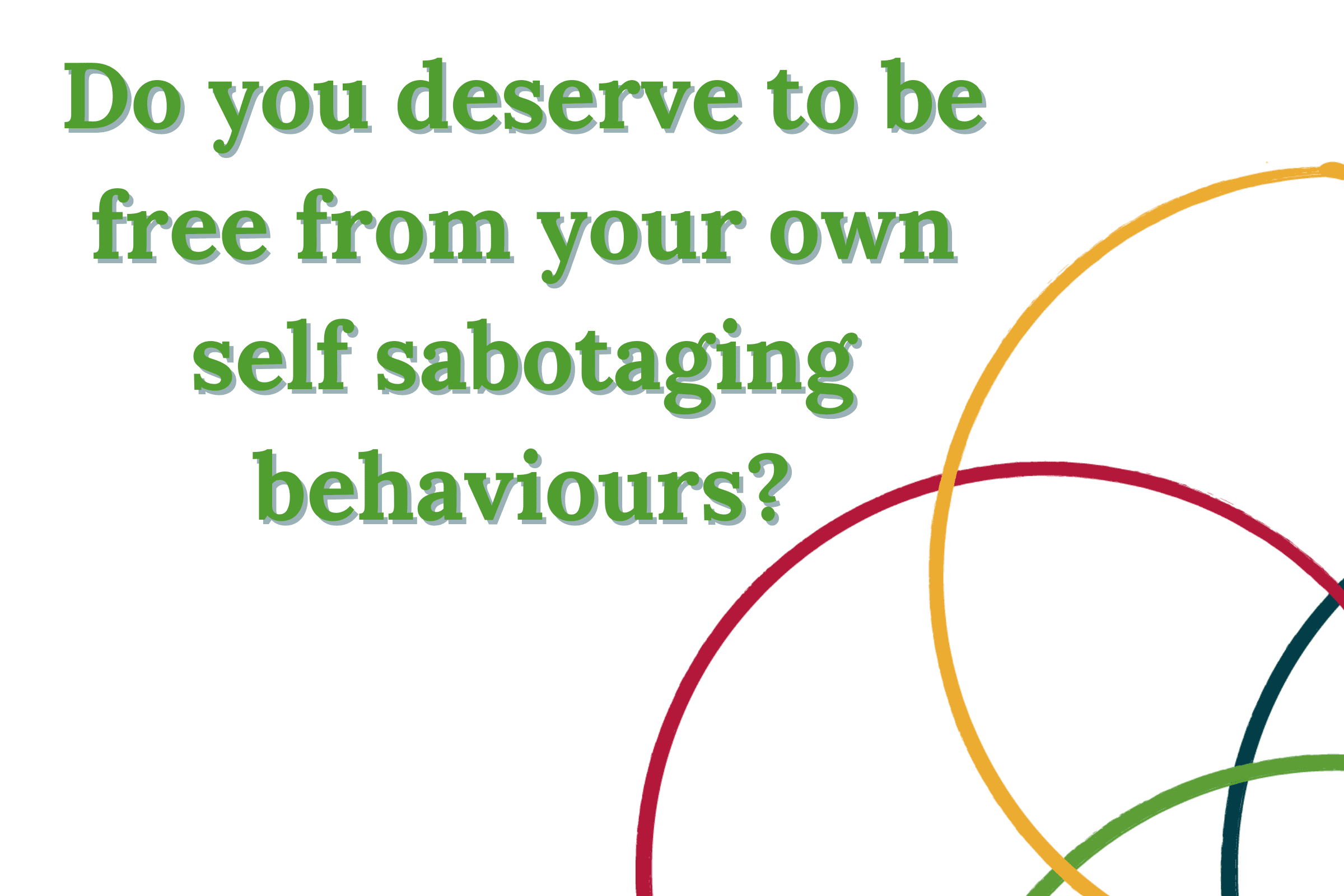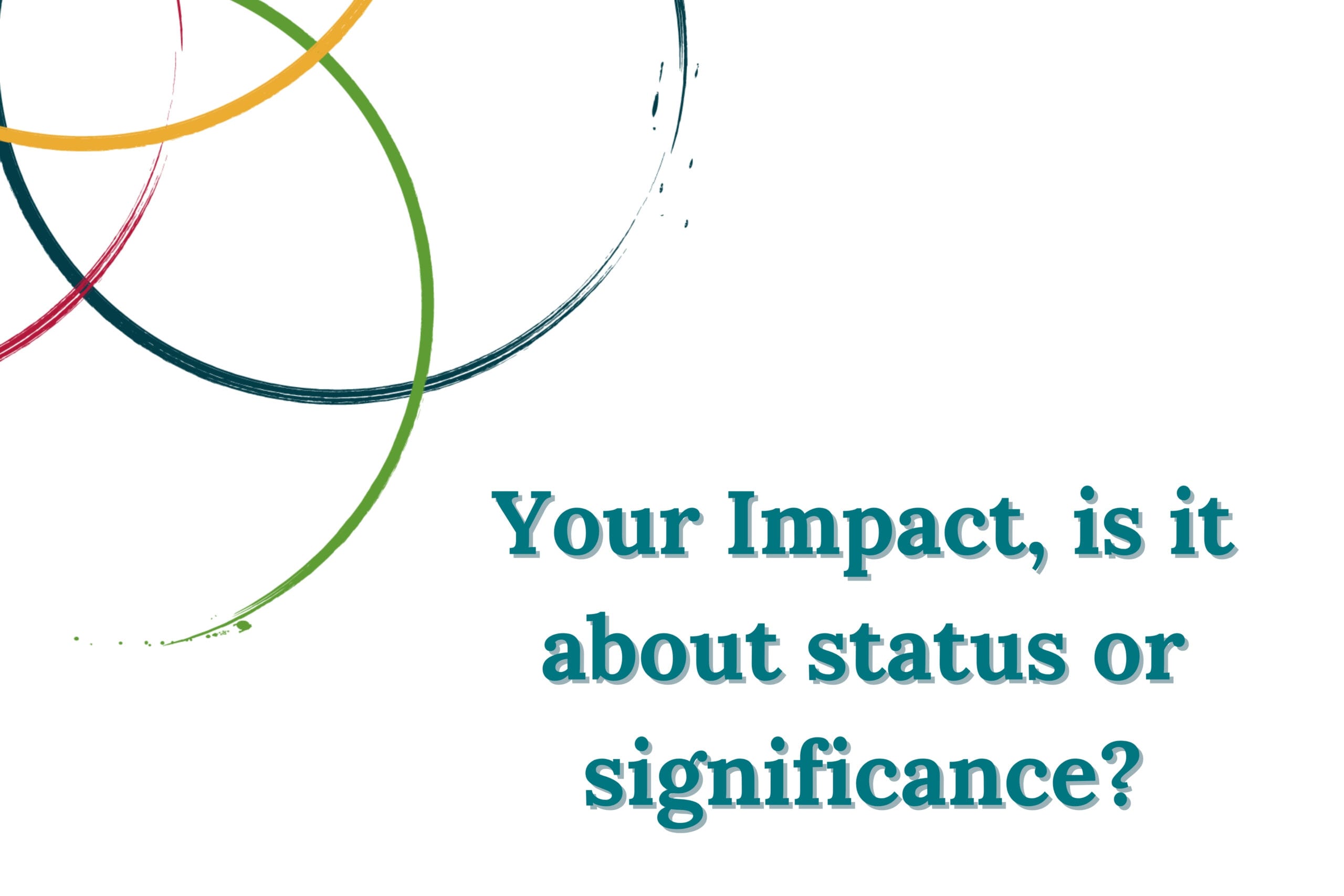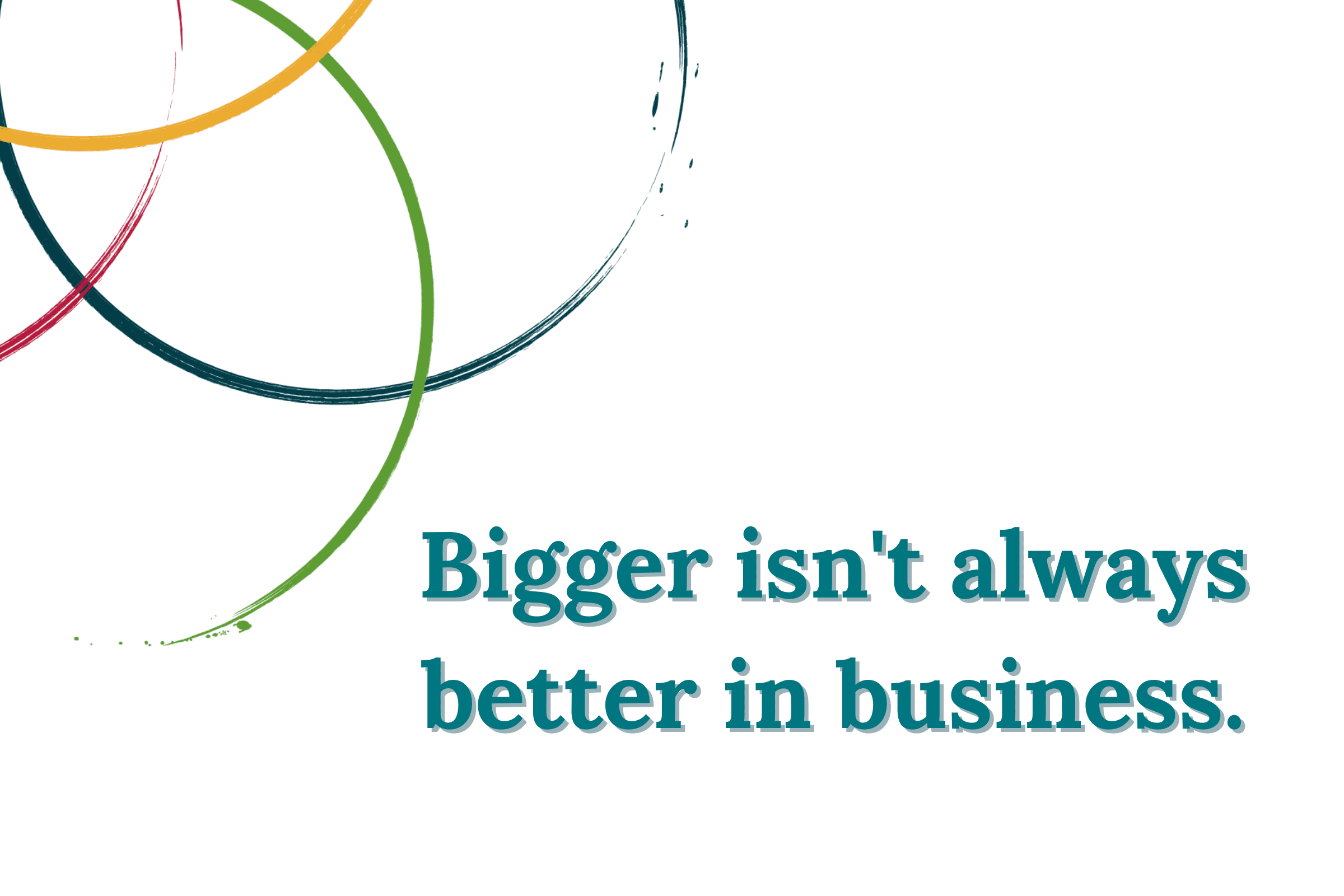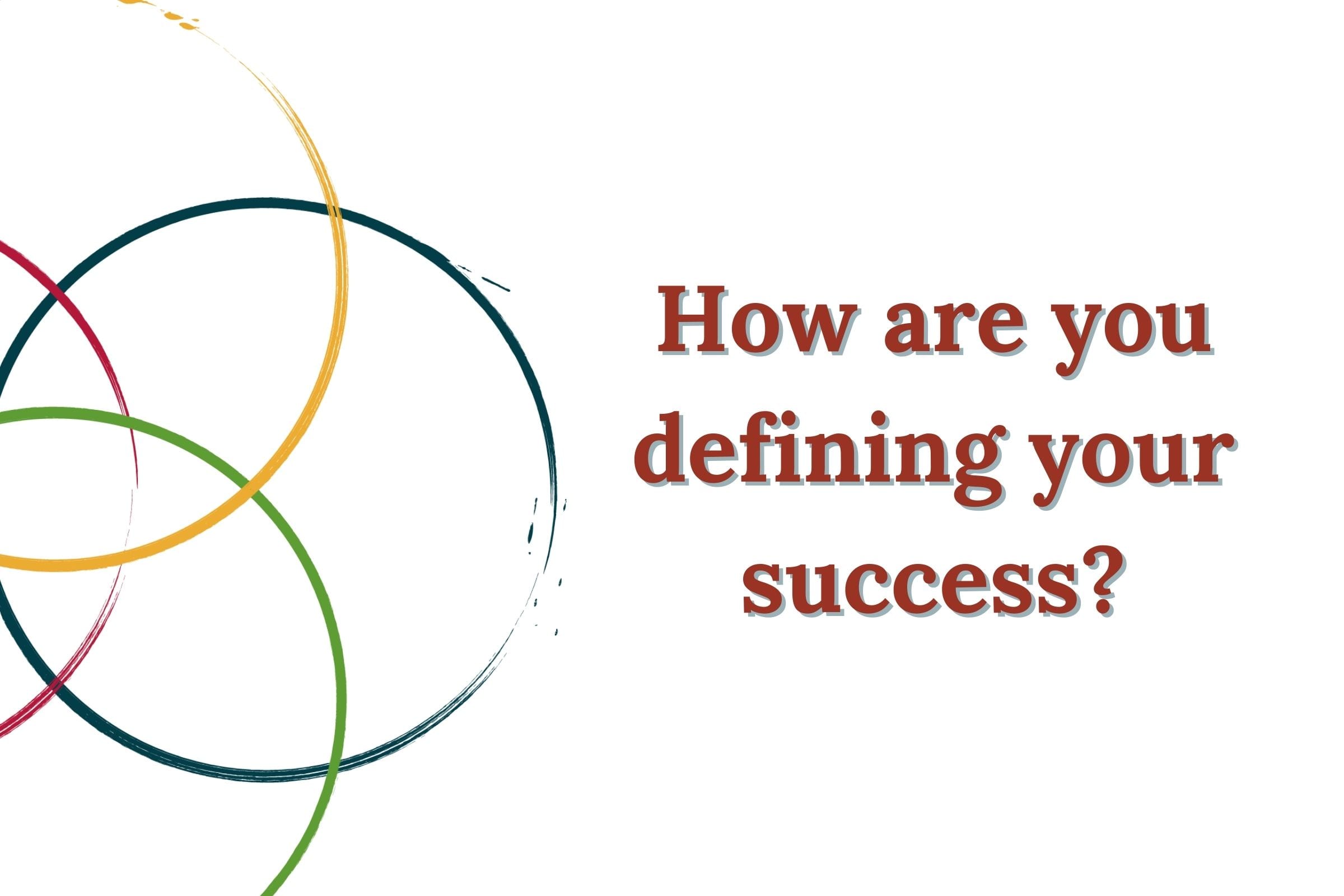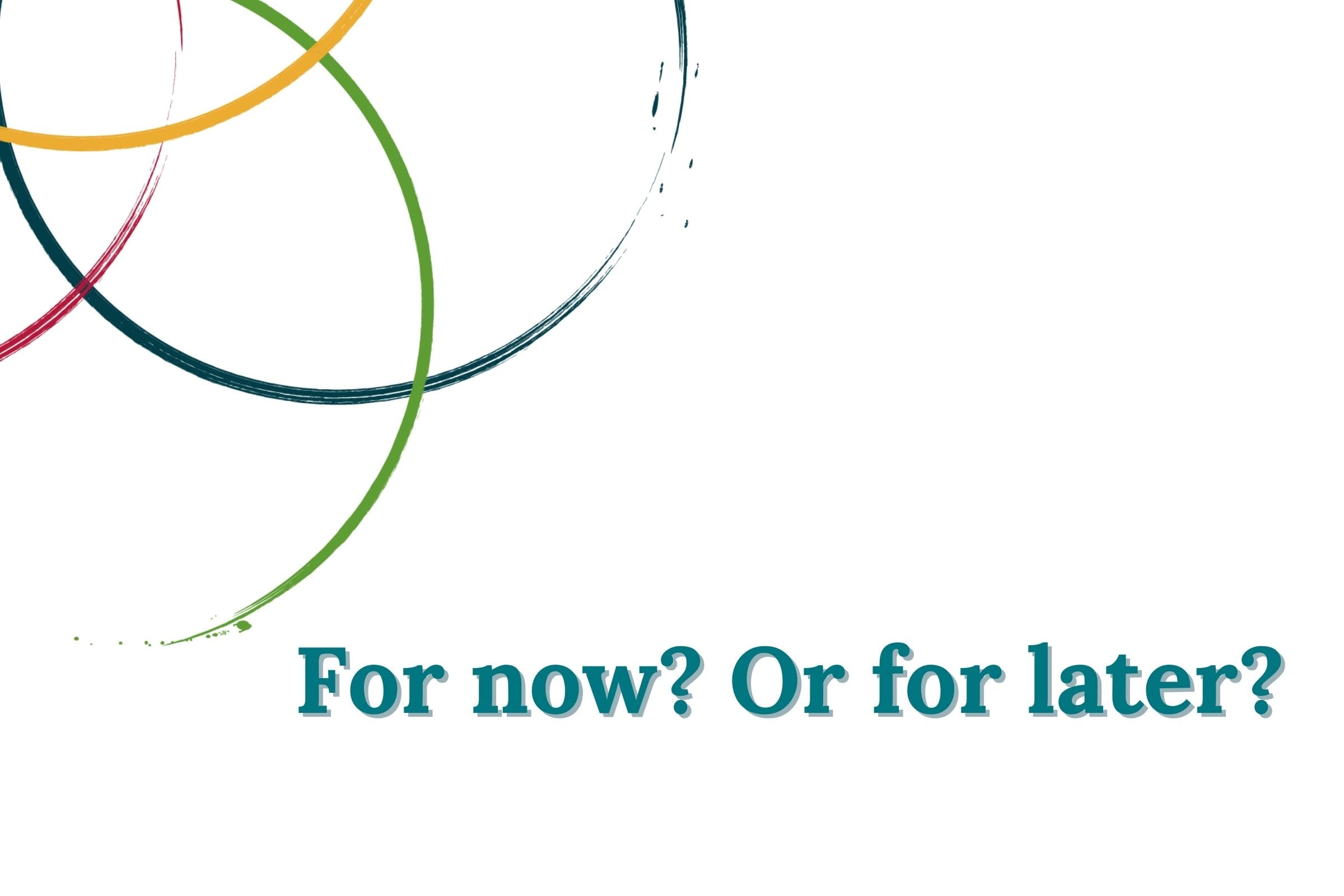“Focus on rewarding and praising yourself instead of degrading and punishing yourself. You’ll get far better results!”
Akiroq Brost
Self sabotage is something we hear about all the time – the thing that gets in the way of our success, the thing we do to ourselves, how we are our own worst enemy. This list of self sabotaging behaviours seems to get longer and longer – I see it in people’s overwhelm, their procrastination, their busyness, their prioritisation, their self talk, their perfectionism, their self anaesthetisation, their attributions, their conflict and in their constant search for clarity.
All of these things prevent getting from the place you are in, to the place you want to be. They hold you up, they hold you back, they trip you up, and ultimately they send you back into your comfort zone – where there is certainty, familiarity and safety.
That is what self sabotage is – it is a misguided attempt by your mind to keep you safe. Even if your current reality is rife with struggle and pain, it is pain that you already understand, it is struggle that your mind has survived, you woke up this morning after all. There is comfort in your current level of discomfort and who knows what might happen beyond what you already know – out in the great unknown.
I see it all the time in businesses. They get to a certain point, usually the point where the next level requires greater investment of time, or of money, or of visibility or they need to grow in capacity and the perceived risk is just too great for the decision maker – it is at this time that they usually “break” something that they already have experience in fixing. This allows them to go back to doing something urgent and important, now, that they know how to do already instead of taking that leap of faith into the unknown, that next level, committing to that growth.
If they don’t break something then they distract themselves – have a hundred ideas, lose themselves in theoretical innovation instead of practical implementation.
It seems so obvious when you look from the outside in but when it is you – self sabotage can be sneaky; and if you are not conscious of your patterns and the beliefs that drive your behaviours, before you know it you are congratulating yourself on being courageous enough to “rise like a phoenix” and start again because you unconsciously burnt it all to the ground.
Well how about you use that same courage earlier instead?
How about you channel that courage into taking the risk and leaping up a level.
This is not a game of snakes and ladders, the idea is that you continuously and consistently build on a solid foundation of business principles, processes and practices, making progressive, incremental steps towards your vision. There is no need for a stop-start approach.
So why do we do this to ourselves?
It all comes back to whether or not we feel as though we are deserving.
If at our unconscious, or conscious core, we do not believe we deserve success – guess what – we may gain some success but will never reach our full success potential.
If we believe we do not deserve to be happy – guess what – we will avoid doing things that evoke feelings of joy and happiness, focusing rather on struggle and suffering.
Deserving is something that we get conflicting messages about – on the one hand we have all these “rights” – rights that give us a claim on something and having rights implies that we can make demands. It also infers the involvement of fairness and justice, so when we don’t get what we deserve there is indignation.
I am no scholar so I couldn’t even begin to write about the origin of this deeply rooted “deserving” world view, but I would hazard a guess that it has something to do with the historical, maybe slightly religious, notion that good people are worthy of good things and bad people deserve punishment – reward and punishment are tools of control used by authority figures throughout our societal/social history.
On the other hand we are told that we don’t deserve anything, that everything is earned, usually through blood, sweat and tears. That we should be grateful for what we have and feel lucky – yuck, luck the worst thing you can attribute positive outcomes to as there can’t be a guaranteed repeat. There is also strong messaging around “getting what we deserve” and even worse “deserving what we get” which sounds a little too much like a curse for my liking!
So, no wonder we get confused around receiving and what we do and do not deserve! It’s a minefield!
Self sabotaging behaviours are triggered by whether, or not, we feel deserving and in there somewhere is our perception of our own worthiness.
Have you explored your beliefs around what you deserve and what you believe is available to a person like you?
I try not to think in terms of what people deserve. The way I see it, focusing on who deserves what and why creates more confusion, conflict and separation. At the root of most behavioural patterns is a need, unfulfilled or otherwise; the identification and articulation of needs creates connection – with ourselves and others. If we understand ourselves and our needs better then we will be able to sense the first signs of self sabotage and recognise our need to create greater safety and certainty around whatever it is that might be evoking a threat response or feelings of self doubt.
Asking ourselves what we need, as opposed to asking ourselves what we deserve is a far more powerful approach, with a much higher probability of positive outcome as we focus on taking action towards need fulfilment.
Our needs are not related to our worthiness.
So while we are working on our self worth, and working towards believing at our core that we are good enough and deserving of the success, love and happiness we are capable of creating for ourselves, we can focus on our needs.
If nothing else, I know we have the ability to fulfil our own needs with a bit of investment in personal growth and development and failing that we can ask for what we need and more often than not we do get what we ask for!

